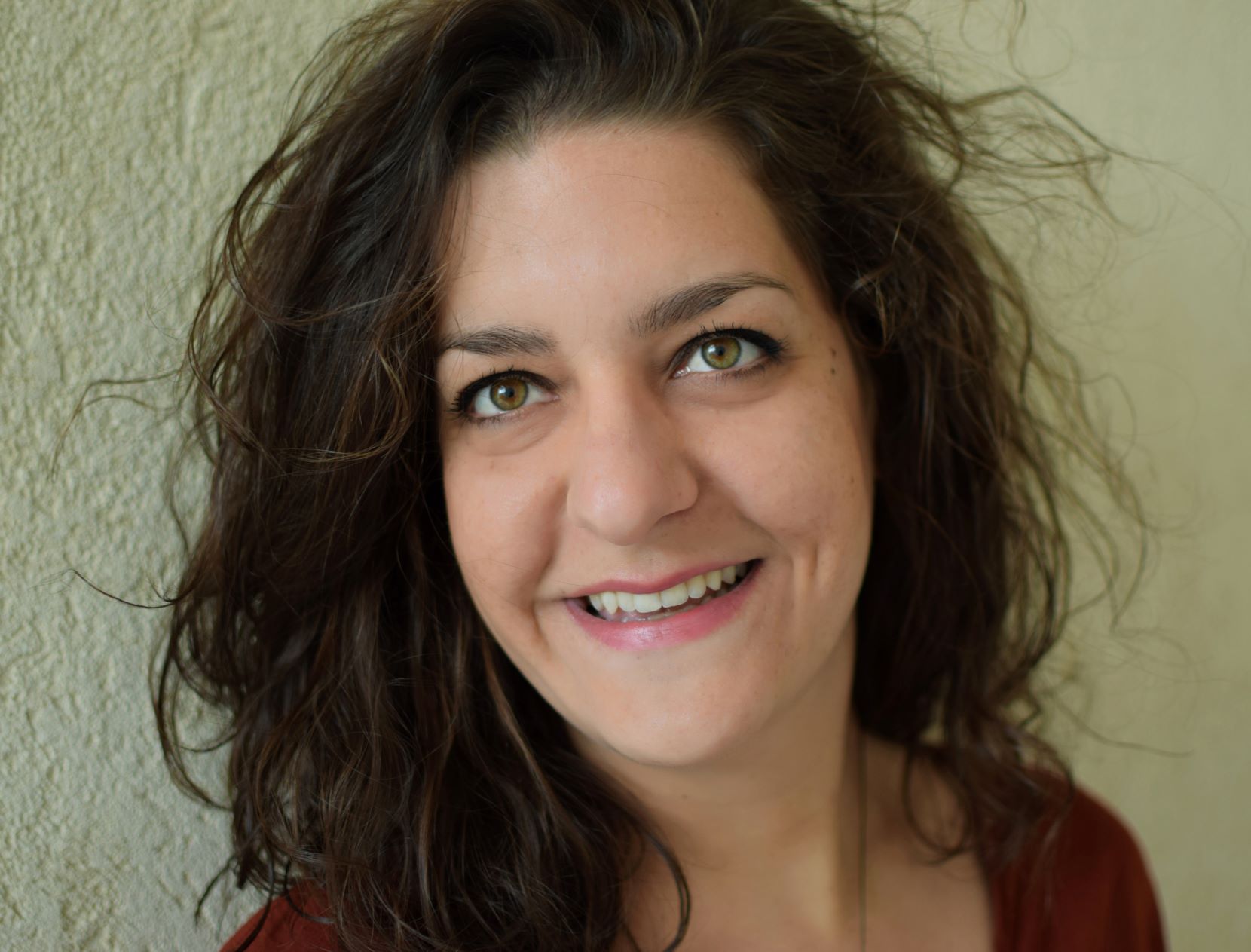Meet TRAFIG Team member Eva Papatzani
Meet Eva Papatzani, a member of the Greek TRAFIG research team at the School of Spatial Planning and Development, Aristotle University of Thessaloniki (A.U.Th.). She is a PhD Candidate in Urban Social Geography at the Department of Urban and Regional Planning, School of Architecture of the National Technical University of Athens (N.T.U.A.), Greece. Eva holds an MSc in Urban and Regional Planning (N.T.U.A.) and a Diploma in Architecture from A.U.Th. Find out more about her work and motivation:
Since the early years of my studies in Architecture and later during my MSc in Urban and Regional Planning, I focused on the study of the city and urban space as not merely an architectural or spatial form, but mainly as a socio-spatial entity which is reproduced by – but also reproduces – the practices, identities, and everyday lives of diverse social groups. My work soon focused on the study of socio-spatial practices of those (socio-economic, ethnic, racial, gendered, and other) groups that are usually left at the margins – or are excluded – by the official discourses about space and the mainstream urban planning principles and decision-making. Through my engagement with the work of urban theorists and critical geographers, I perceive urban space as relational, as a social laboratory, as a field that is constantly under reconstruction by everyday lives, practices, relationships, trajectories, networks, and mobilities that shape places, and are shaped by them, according to differentiated needs. In this topical and timeless negotiation, as a process that forms – explicitly or implicitly – struggles over the “right to the city”, immigrants and refugees constitute crucial actors.
As scholars have pointed out, I deeply believe that living together, or living with difference, is the central question of the political. Following Doreen Massey in her work “For Space” (2005), I also perceive place, “as an evershifting constellation of trajectories”, as the field where this question unfolds. The desire to deeper investigate this question – especially in the Greek context of financial crisis, increased socio-spatial inequalities, and racism – led me to embark on a PhD in Urban Social Geography, at the Department of Urban and Regional Planning, N.T.U.A., entitled: “Migration, diversity and negotiations of coexistence in the neighborhoods of Athens. Governance policies and everyday practices”. In my research, I focus on the notion of “urban encounters” in “in-between spaces”, where the negotiations of ethnic difference unfold at the local level but are formed through the intersections of multiple socio-spatial scales. I investigate “urban encounters” as dialectic and dynamic processes of both neighboring socio-spatial relationships of interethnic approximation and coexistence, and distancing or boundary-making practices and micro-segregations between different ethnic groups.
In general, my research interests focus on migration, diversity, geographies of immigrants’ settlement in urban space, socio-spatial segregation and approximation, interethnic relationships, everyday negotiations of co-habitation, the spatial dimensions of urban and social policies, and the ways the latter affect immigrants’ and refugees’ everyday life in the city. During the last few years, I have also participated as a Teaching Assistant in undergraduate Urban Planning courses at N.T.U.A. and I have worked as a researcher in European and national research projects on migration, conducted by different universities in Greece. In the TRAFIG project, I have contributed to the design of the field research in Greece, I lead the empirical research in Athens, and I also engage with the research results’ analysis. My work in TRAFIG is closely interrelated with my research interests and permits to deeper investigate the crucial questions that lead my motivation in working on immigrants’ and refugees’ issues. Through a socio-spatial and “figurational” perspective, giving voice to refugees’ life stories and investigating their practices, networks and mobilities in the transnational level of TRAFIG, brings to the forefront broader issues of refugees’ agency and struggles over not only the right to the city, but also the right to a place in the world.

by Eva Papatzani
The views and opinions expressed in this blog do not necessarily reflect the opinion of the TRAFIG Consortium or the European Commission (EC). TRAFIG is not responsible for any use that may be made of the information contained therein.